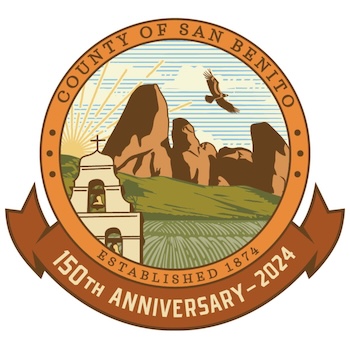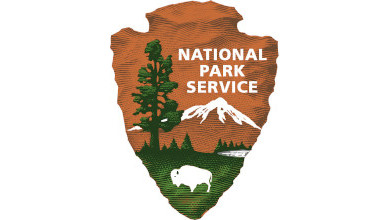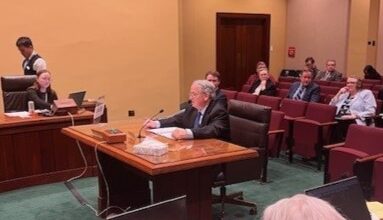California County Approves Low-Impact Camping Ordinance

Earlier this month, on June 18, the San Benito County Board of Supervisors unanimously approved a new land use ordinance that allows rural landowners the chance to host small-scale, conservation-minded camping on their properties. With the ordinance, the San Benito County supervisors opened critical economic opportunities to local residents and expanded access to outdoor recreation and camping in the backyard of Pinnacles National Park.
“There’s only so far you can get on cattle,” said Tim Borland, owner and operator of Bar SZ Ranch, Hipcamp host, and vice president of Visit San Benito. “Taxes aren’t going down. We need every opportunity to diversify revenue, and agritourism and hospitality has been a game changer for us on our ranch. Hosting campers is a way to welcome visitors to our community and introduce them to San Benito County’s agricultural heritage, and it gives my family a chance to generate income that helps us keep and invest in our land.”
San Benito County’s low-impact camping ordinance is another step towards meeting California’s ambitious conservation and outdoor equity goals. California’s Outdoors for All strategy, released by Gov. Newsom’s office in Fall 2023, prioritizes collaboration between local governments, private companies and landowners to expand recreational access on private lands, and cites the creation of simple, clear and accessible permitting pathways to allow for low-impact camping near public lands as a way to expand outdoor access and equity across the state.
“San Benito County just took a major step towards helping California achieve its goal to provide equitable access to the outdoors while promoting conservation,” said Lexie Gritlefeld, director of the California Outdoor Recreation Partnership (CORP). “San Benito County is following the lead of Senate President Pro Tem Mike McGuire, who is working to promote low-impact camping on private land. This ordinance is a model policy that other counties across California can and should consider implementing in their own regions.”
Camping on private land provides a much-needed diversification opportunity for farmers and ranchers across California who have been impacted by the rising costs associated with agricultural inputs and land ownership. Rural recreation helps farmers and ranchers stay economically viable. Of the 1.9 million U.S. farms estimated in the 2022 Census of Agriculture, 1.5% reported being engaged in agritourism and 6% had direct-to-consumer offerings. Data shows these activities are a significant source of income, accounting for combined receipts of more than $4.5 billion in 2022.
San Benito County partnered closely with local landowners, Visit San Benito and Hipcamp to create this new land use policy.
“This is a win-win for San Benito County and our broader community,” said San Benito County Supervisor Angela Curro. “Camping on private land makes sense here. There’s no one better than local landowners to introduce visitors to our community in a safe and responsible way. This policy will expand outdoor access in San Benito while allowing residents to benefit from the growing demand for camping around Pinnacles National Park.”
“This local policy victory represents a major step forward towards establishing a lasting outdoor economy that benefits communities and local landowners,” said Cassandra Prenn-Vasilakis, senior manager of government and community relations at Hipcamp. “San Benito County’s ordinance puts outdoor recreation dollars into the hands of the people who are stewarding rural and agricultural lands, and demonstrates how communities can harness the financial power of outdoor recreation to create resilience and help landowners make ends meet.”
Additionally, Prenn-Vasilakis said, “From Hipcamp polling, we’ve found that 57% of Hipcamp hosts report that they use the income they make via hosting to pay their mortgage, property taxes or other bills; 36% of hosts rely on Hipcamp hosting as their primary source of income or to make ends meet; and 79% of hosts use the money they make via Hipcamp to reinvest in their properties through maintenance, making safety improvements or conservation activities.”
The new San Benito ordinance will go into effect mid July this year.


